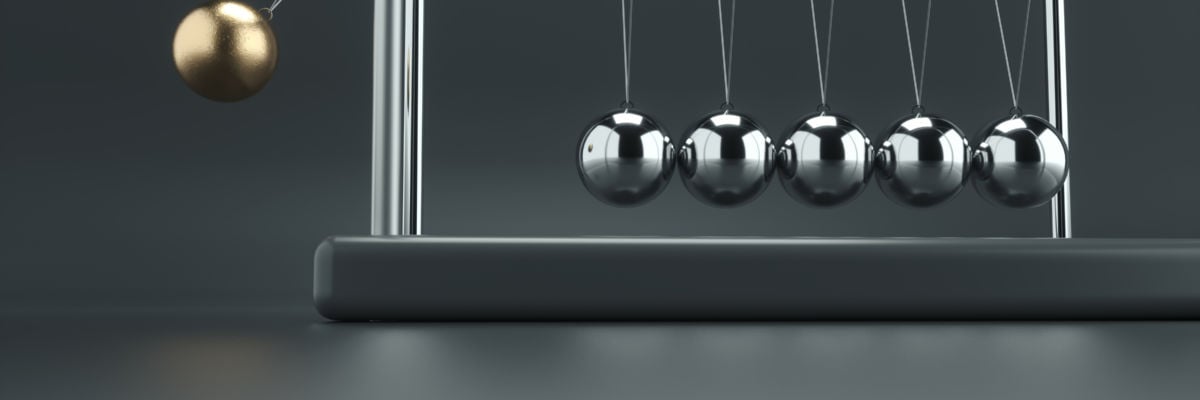
Question:
Answer:
The short answer is yes. God’s knowledge of our future follows necessarily from his perfection. If God didn’t know our future, then he would lack knowledge. But God can’t lack knowledge because he is absolutely perfect, the fullness of being itself (ipsum esse subsisten–subsistent being itself). Therefore, God must know the future.
Not only does God know what will be, he also knows what would be, since all possible being would be an imitation of his infinite being, which he knows perfectly.
Many think that God’s infallible knowledge of our future is incompatible with our free will. How can we be truly free if God infallibly knows our choices? It would seem that if our choices were really indeterminate (the choice of A or B is open to me), then God couldn’t have infallible knowledge of which option we would choose. But God can’t be fallible in his knowledge. Therefore, it would seem we are not free to choose.
The contradiction is only apparent. God does not know our future as future. He knows our future actions in all their actuality/being (including their temporal modes of existence) in their presentiality. In other words, God knows our future actions as I know Socrates is sitting before me. My knowledge of Socrates sitting before me is infallible, and yet Socrates is not determined to be sitting. He is still free to sit or stand.
Similarly, because God knows our future actions in their presentiality, which follows necessarily from his eternal knowledge, he can have infallible knowledge of our future actions and those actions still be free.



